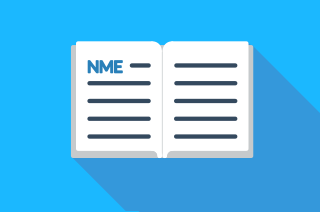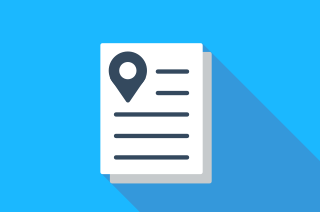News Media Europe prepared a comprehensive response to the public consultation on the Digital Services Act (DSA) (full document). Today, we share views on the “The power of digital gatekeepers”. Our full contribution discusses several issues related to gatekeeper challenges, disintermediation, competition problems in online advertising and ad-tech, and problems related to bargaining power.
News organisations in Europe must develop a sustainable online presence to fulfil their mission and commercial objectives. In doing so, they must also work with large platforms who have become unavoidable trade partners and who control access to key markets. They have become digital gatekeepers.
As the digital economy evolves, platforms that connect people and businesses such as search engines and social networks (ie. online intermediaries), emerge and bring valuable services to the marketplace. However, when intermediaries use their market power or strategic position to disintermediate legitimate businesses, strong concerns arise about harmful effects. Gatekeeping platforms such as Google and Facebook have been central to the harmful disintermediation process that has affected news publishers. This is highly regrettable since intermediation does not need to be inherently harmful.
Such platforms go to great lengths to control interfaces and claim exclusive ownership of users. They also disintermediate the advertising side of the market, audiences, and by extension they also disintermediate publishers from data. Disintermediation problems related to data are particularly urgent to address since data serves not only as input for core business functions, but also for innovation and spotting emerging trends.
This is particularly relevant when considering the need to attract paying customers in the form of subscribers. In practice, publishers need to be able to access data if they are to be able to offer good services and to compete with large platforms. News publishers may try to bypass the data ecosystems of platforms and develop their own capabilities by creating first party data spaces. When that is possible, more publishing, analytical and trading functions can be brought in house.
This approach, however, can only succeed if platforms do not interfere with the ability of publishers to collect data associated with their audiences. In the case of Apple’s App Store for example, Apple claims to have ownership of users of apps developed by third party developers. Whereas many news publishers spend significant effort to develop apps, publishers are only given little to no access to user data.
It needs to be assessed whether the imposition of such terms by platforms such as Apple that systematically disintermediate data and/or seek to limit access to data, constitute an abuse of dominance. Yet such issues may also arise in situations where a given platform may not be dominant per se in a strict sense, but instead may still be regarded as a (non-dominant) digital gatekeeper.
It appears counterintuitive that intermediary platforms rather than app developers should control access to such data. When a user navigates the app of a news publisher, the user is doing so primarily as a user of the app developer. The fact that content is accessed via Apple’s or Google’s app store is merely coincidental.
We therefore believe that the DSA should impose a legitimate data access obligation on platforms acting as gatekeepers towards third-party commercial partners operating on their platform. This would go a long way towards balancing competition, in ways that competition policy cannot address, and give recognition to legitimate online business models.










